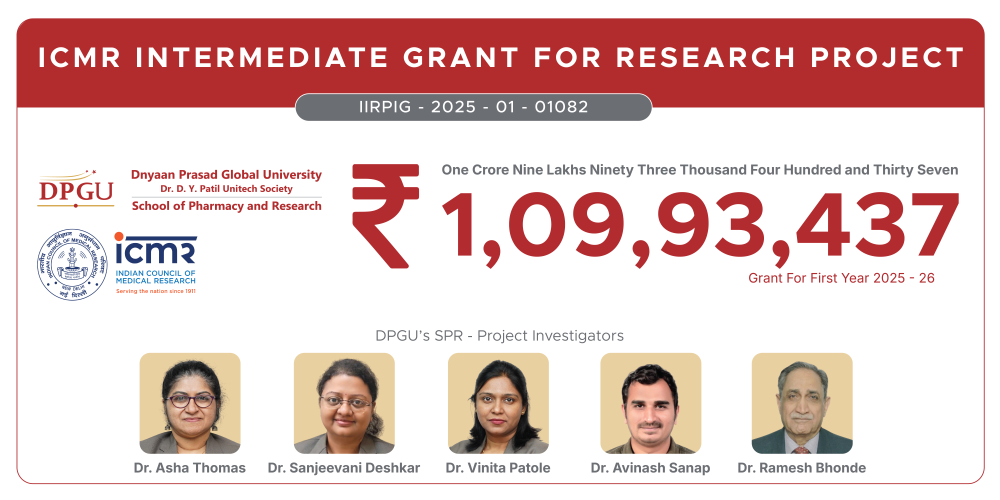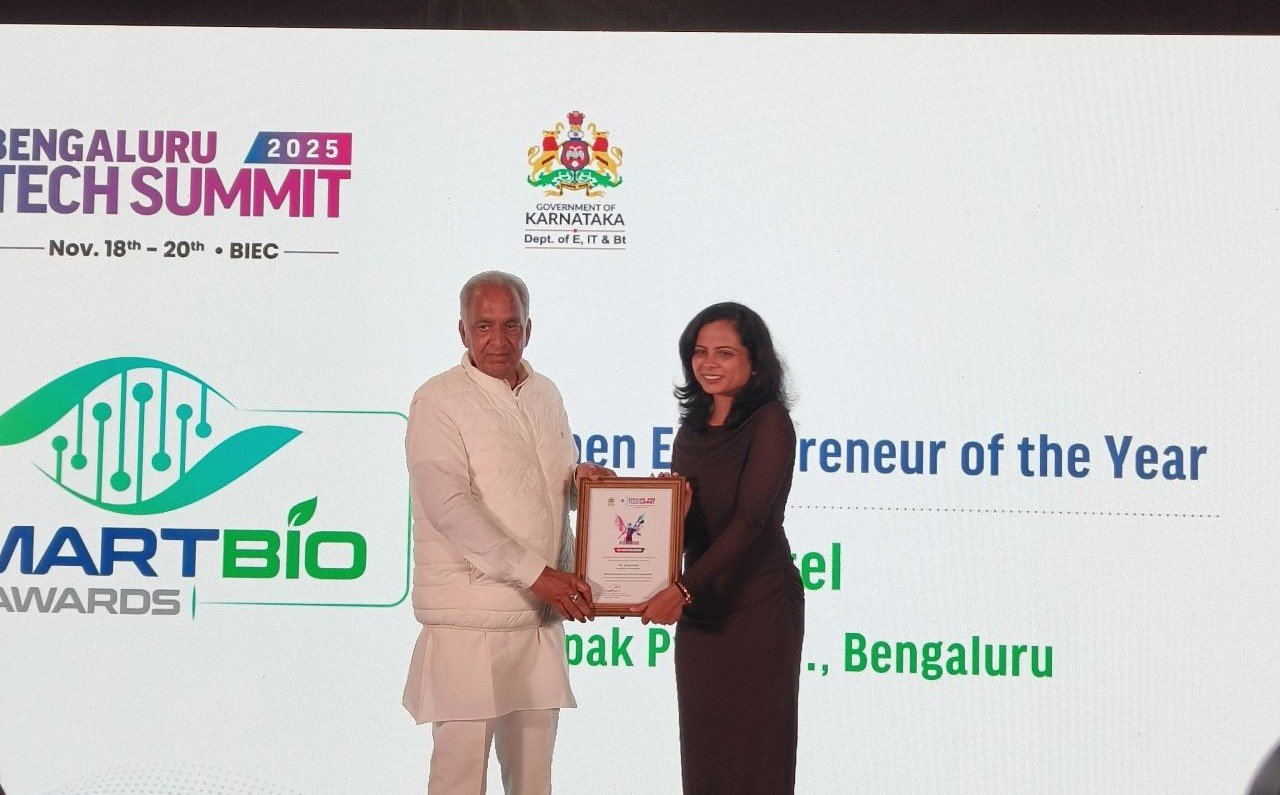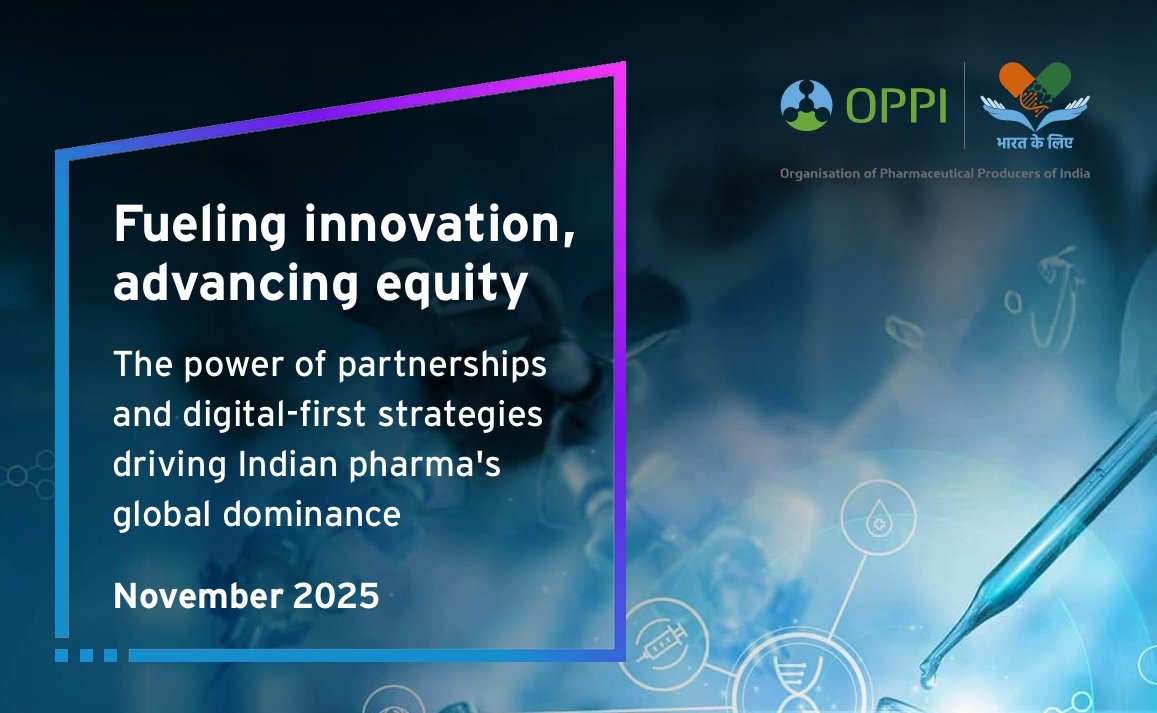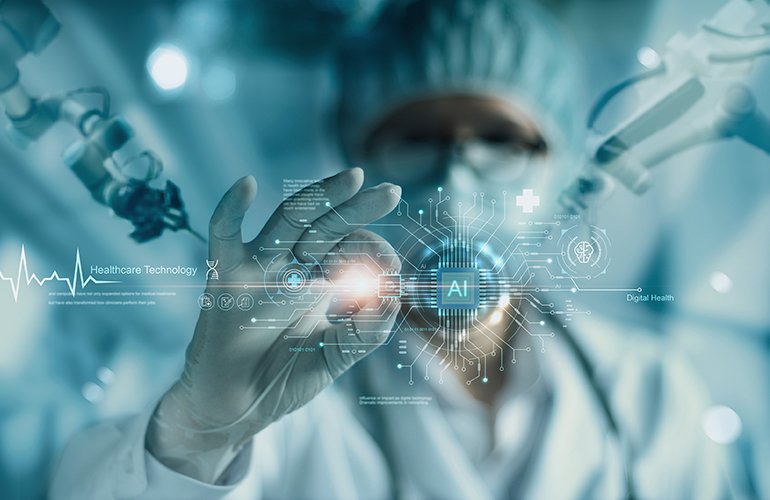Synthetic Biology- The ticket to a sustainable future!
September 01, 2022 | Thursday | Views | By Suraj Nair, Lead (TechSprouts), Ankur Capital
The Department of Biotechnology, in February 2022 released a foresight paper on synthetic biology. This document highlights the policy and regulatory aspects of the field across the world and lays the groundwork for a future policy on synthetic biology. As we enter the third decade of synthetic biology, the world has a chance to rethink its future. Synthetic biology can drive us towards a more equitable, sustainable, and inclusive future by replacing the dependence on chemical and fossil fuel-based products.
Synthetic biology is the engineering of natural biologic systems such as bacteria, yeasts and fungi, plants as well as animals to produce the desired outcomes or products. There are two broad ways to do this: (A) the design and construction of new biological parts, devices and systems, and (B) the re-design of existing, natural biological systems for useful purposes.
The first ideas on synthetic biology took shape in the early 2000s: characterise the genetic sequences that perform needed functions, identify the ‘parts’, combine the parts into devices to achieve more complex functions, then insert the devices into cells. The first generation of synthetic biology from 2000 to 2010 saw researchers develop a few of these parts and circuits which were published in the Registry of Standard Biological Parts and OpenWetWare. At the end of the decade, the market had a few key challenges: reliability, standardisation, and automation of the design. This period also saw several companies emerge with the United States taking the lead. The first-generation of synthetic biology companies from the early 2000s such as Evolva and Amyris were full stack companies focusing on a singular product line such as biofuels. However, many of these companies failed in the pursuit of doing it all by themselves- designing the DNA, engineering the organisms, fermentation and manufacturing and downstream processing.
The next decade (2010-2020) saw the emergence of companies with platform technologies offering ‘synthetic biology as a service’. These include companies such as Ginkgo Bioworks (started a bit earlier in 2008), Zymergen and Twist Bioscience which have all found success by selling engineered organisms and nucleic acids for multiple applications. Divide and conquer was the new rule book to play by:
With companies having specific focus areas, technology development intensified and grew at a rapid pace leading to key breakthroughs. A design-build-test-learn cycle has been put in place: computer aided nucleotide design, synthesis and testing of DNA/RNA and engineered organisms using technologies such as CRISPR, pooled oligo synthesis, and Next Generation Sequencing (NGS) and microfluidic devices and finally storing the data and training machine learning algorithms to fasten the design process. All of this has eventually led to two key advancements:
- A significant drop in the cost of DNA synthesis and sequencing
- Faster designing of genomic sequences leading to a significant increase in the number of synthetic genomes.
Investor sentiments
The undeniable potential of synthetic biology to impact multiple markets driven by the decrease in costs of DNA sequencing and synthesis has stirred the private funding ecosystem into action. From a meagre $100 million in 2010, investments topped $18 billion in 2021. This figure is quite bullish considering there are still few commercial products in the market as of now. Investor sentiments have evolved over the years with investments increasing more than 10x since 2010, coinciding with the critical technological milestones achieved between 2010 and 2020.
Second generation companies providing ‘synthetic biology as a service’ such as Gingko Bioworks, Twist Bioscience and Zymergen, who saw several hundred million dollars in private investments, have gone public. The exit valuations (for early investors) for these companies were more than 100 times their annual revenues. The investments into healthcare and food companies using synthetic biology have exploded since 2020. A total of $7.4 billion were invested in healthcare and $3.4 billion in food companies in 2021 alone, numbers equivalent to the total investments in these fields over the years.
Click here to read the full article
'Subscribe to stay updated on the latest content from
TechSprouts:










